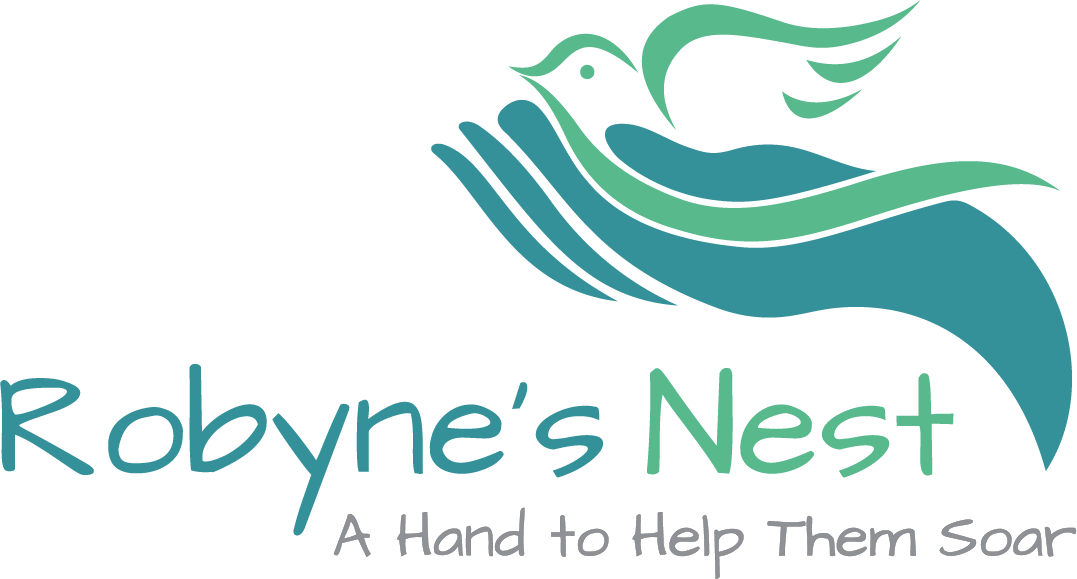Frequently Asked Questions
-
In most cases, the teens are referred to us by schools in the Huntington Beach Union High School District Newport Mesa Unified School District. We also work with middle schools in Huntington Beach City School District for group counseling. Our services are not open to the public.
-
Students must be working hard to pass their classes with a ‘C’ or above, maintain school attendance and good behavior. Students must also abstain from the use of alcohol, drugs and other abusive substances or behaviors.
-
All donations are greatly appreciated! What’s most needed at the moment would be monetary donations to fund our own housing and mental health programs as well as monthly living stipends for students. The money will go toward providing basic daily needs such as clothing, food, educational resources and housing. Through early intervention, we seek to stem the tide of homelessness and despair in the formative years of maturing teens and young adults. Our mental health therapy program, combined with the basic needs, life skills and housing programs, has helped students in school attendance, grades, graduation rates, relationships, and jobs.
-
Data shows that a student without a high school diploma is 383% more likely to be homeless as an adult.The state graduation rate for students experiencing homelessness is 64%. With our wrap-around services, Robyne's Nest average graduation rate is 98% for students over 18.
In the 2021-22 school year, 30% of the nation's homeless youth lived in California, which was 171,714 students and there are an estimated 30,000 homeless and housing in-secure youth ages 12-24 in Orange county. Providing our own housing solutions, gives us the ability to help students quickly and safely, without the use of motels and sober living homes.
-
Our mission is one of proactiveness rather than reactiveness. One in five adult Americans have lived with an addict relative while growing up. In general, these children are at greater risk for having emotional problems than children whose parents are not addicts. Addiction genetically runs in families, and children of addicts are four times more likely than other children to become addicts themselves. Most children of addicts have also experienced some form of neglect or abuse in the home, thus oftentimes leading them to self-medicating with the same poisons, repeating cycles. At Robyne's Nest, we work with those students who often have the histories mentioned above but who haven't taken that step to self-medicate but rather try to focus on school. With our quality mental health providers and weekly individual therapy sessions, we help students through the process of healing, develop coping skills and better self-awareness. Through our programs we address stress, anxiety, depression, grief and other mental health factors. Recently we partnered with two middle schools to offer group counseling classes on coping skills for life and stress, social communications and anger management, enabling earlier solutions and interventions. We are breaking all cycles, not just homelessness!
